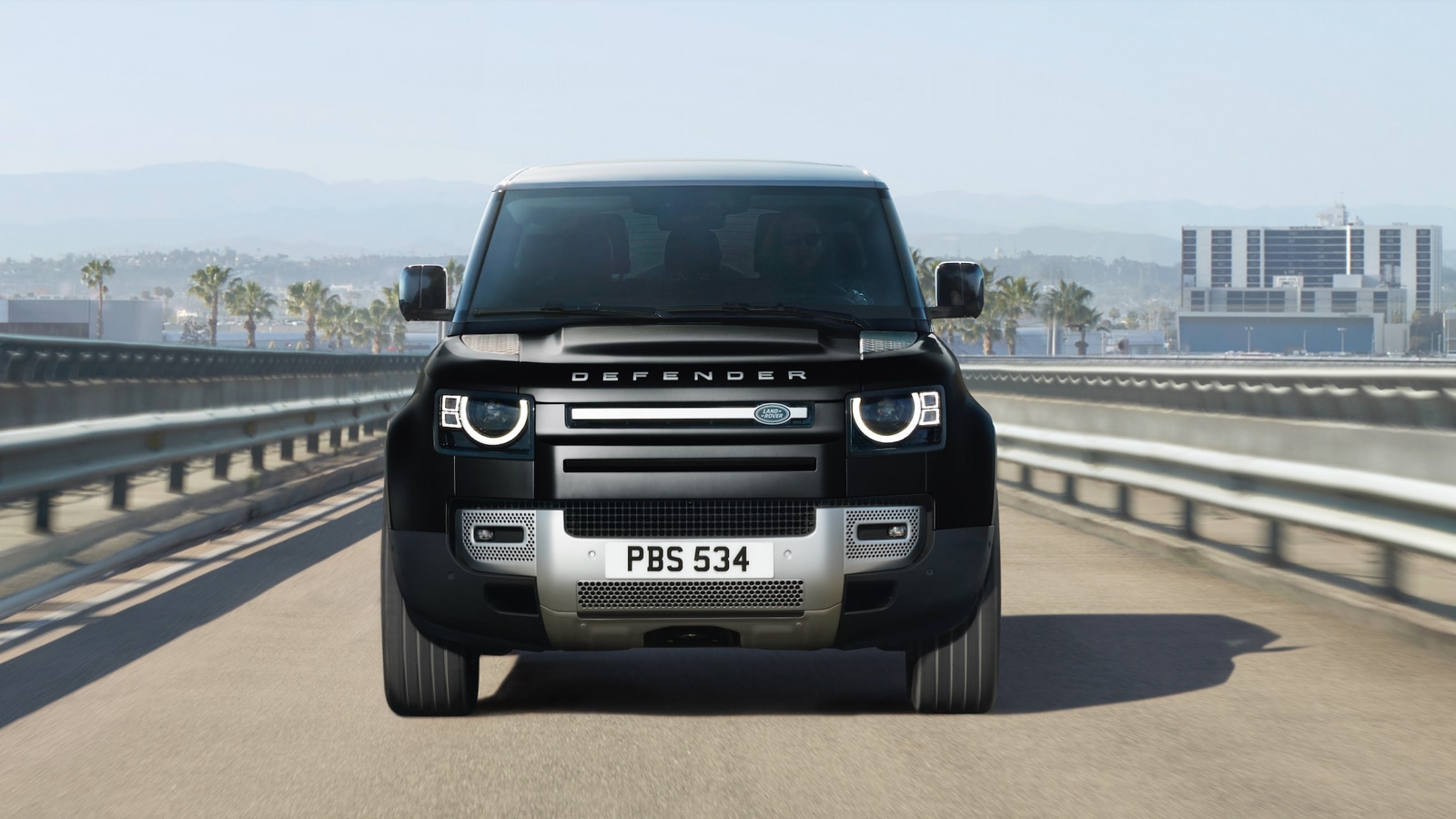After losing ground in China and Europe, Ford looks to expand in a market full of untapped potential for electric vehicles – Indonesia. The automaker is investing in an EV plant in Indonesia – the world’s largest producer of nickel – setting up shop next to its joint venture $4.5 billion nickel processing project in the country.
While Ford has yet to officially confirm reports, the Indonesian government is said to have already held talks with several global car manufacturers – “including with Volkswagen Group and Ford,” according to reports.
Ford is currently making massive job cuts in Europe and losing market share in China, but it sees Indonesia as a potential bright spot. The automaker returned to the Indonesian market in 2022 after a six-year absence through its partnership with Bangkok-based RMA Group. Ford now sells the Thai-made Ranger pickup truck and Everest SUV, with a combined 664 deliveries so far this year.
But Indonesia is focusing on EVs for two reasons, to exploit the country’s rich nickel resources and push for job creation for its huge, young workforce. It has been courting automakers to invest in the country, drawing on its market size, low car penetration, and strategic position to South Asian markets as key selling points. As for nickel, Indonesia produces 20.6% of the global total.
At an event in Jakarta, deputy Industry Minister, Faisol Riza told reporters that “Ford has promised to realize its factory and investment in Indonesia by next year,” according to media including the Jakarta Post and Global Data-owned Just Auto.
Last year, Ford joined global mining giant Vale and China’s Zhejiang Huayou Cobalt Company in investing in a $4.5 billion nickel processing project on the Indonesian island of Sulawesi, with operations expected to start in 2026. The mine is expected to produce up to 120,000 tonnes of a nickel intermediate product per year for EV battery cathodes.
Since President Prabowo Subianto took office in October, the Indonesian government has been in talks with a few major automakers, including Volkswagen and Ford. “It looks like some of the global vehicle manufacturers that were once here and then disappeared will be coming back,” Faisol Riza said at the event. “We aim for all manufacturers to establish factories in Indonesia because of their high social and economic impact, particularly in job creation.”
Indonesia plans to boost local content requirements for BEVs to 40% by the end of 2026, rising in stages to 80% by the end of 2030.
Photo credit: Ford
Charge your electric vehicle at home using rooftop solar panels. Find a reliable and competitively priced solar installer near you on EnergySage,, for free. They have pre-vetted installers competing for your business, ensuring high-quality solutions and 20-30% savings. It’s free, with no sales calls until you choose an installer. Compare personalized solar quotes online and receive guidance from unbiased Energy Advisers. Get started here.
FTC: We use income earning auto affiliate links. More.





